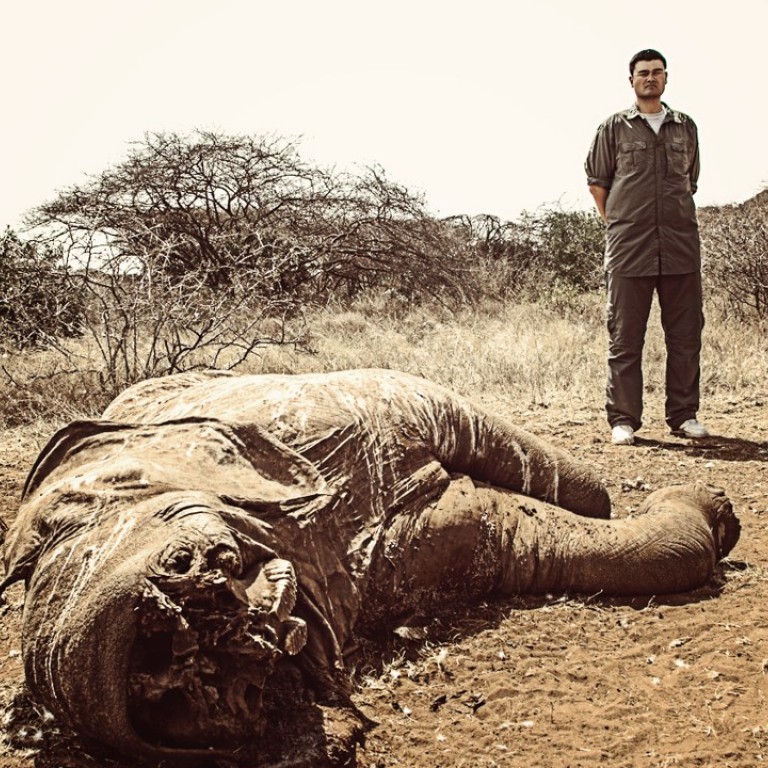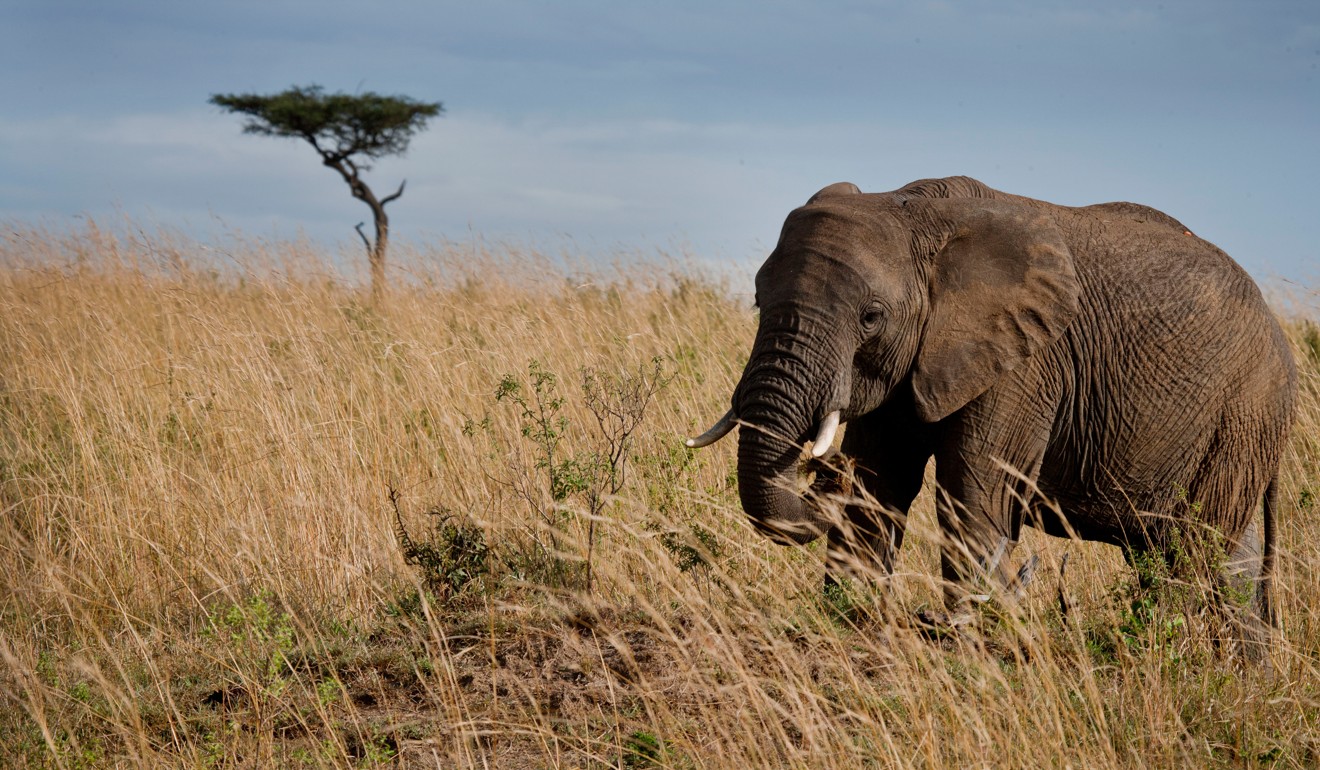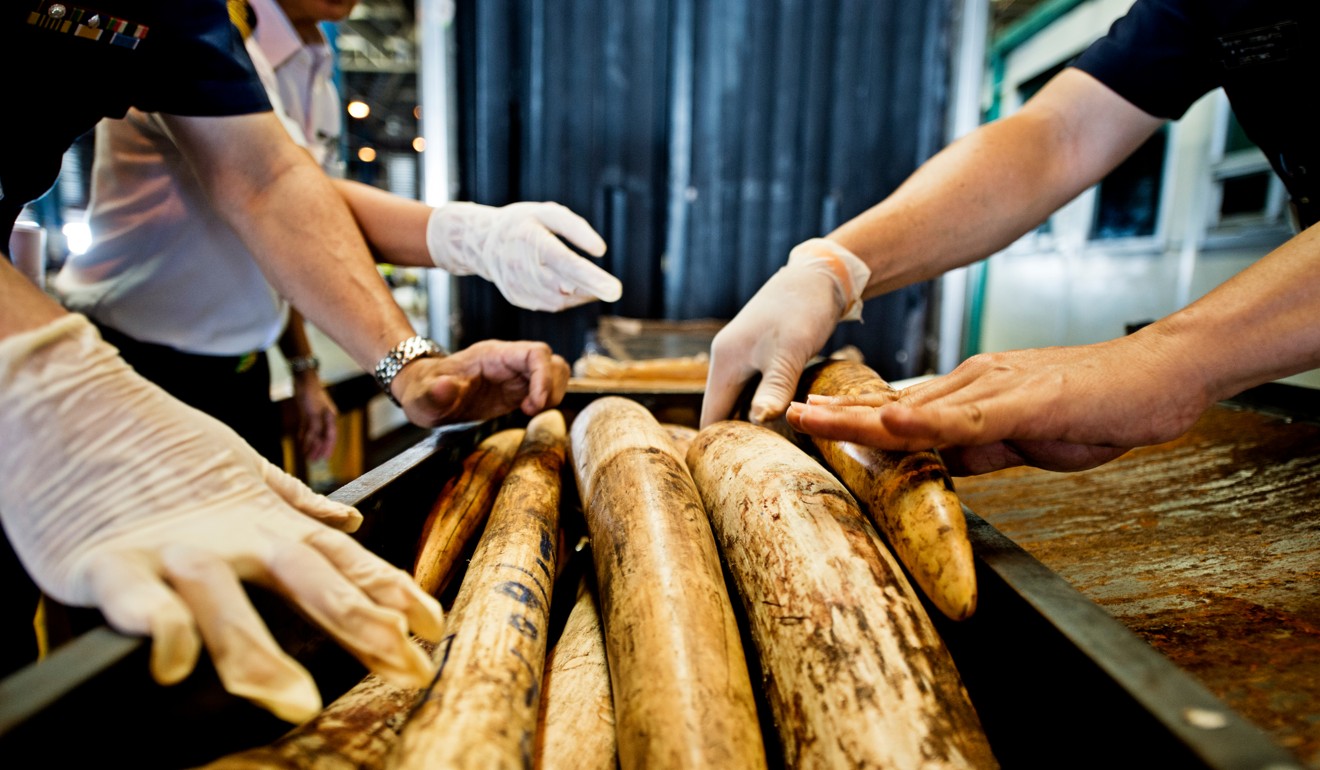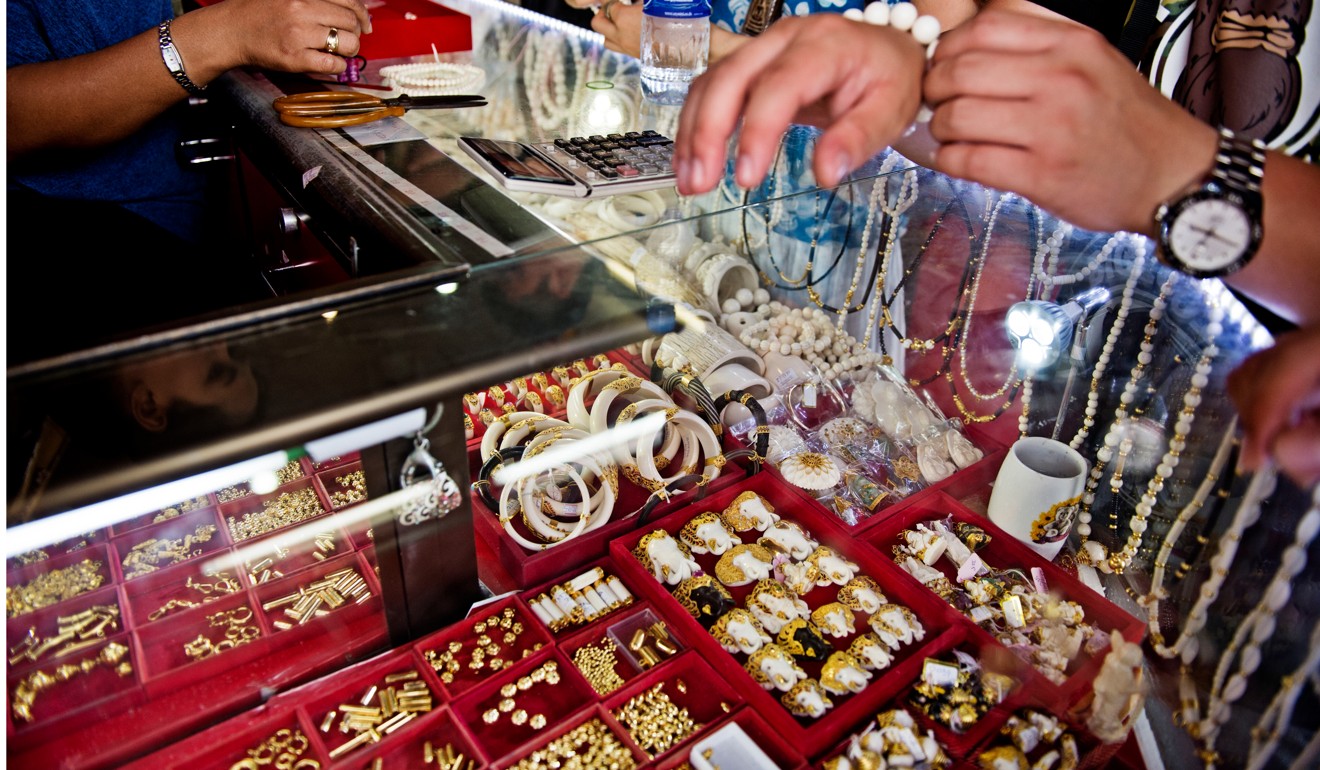
WWF exposes loophole in Singapore ivory trade laws that allows illegal trade to prosper
A recent ivory jewellery brand launch in Singapore, which turned out to be a publicity stunt by the WWF, highlights a shortcoming in the nation’s law that allows trade in ‘old’ ivory and opens the door for illegal new ivory
In August, the launch of an online accessory store in Singapore called Ivory Lane sparked immense outrage in the country. The website featured a range of jewellery it claimed was made from vintage ivory. This spurred an outburst of anger from netizens, who inundated its Facebook page with hundreds of enraged comments that the business was supporting the poaching and slaughter of elephants.
Just a few days later, the World Wide Fund for Nature Singapore revealed that Ivory Lane was a publicity stunt to raise awareness about a key shortcoming in the country’s wildlife laws – ivory that entered the market before 1990 is still permitted for sale. While the shop itself is fictional and does not actually have any ivory products, vintage or otherwise, it does mirror reality.

Despite the common perception that the sale of ivory is banned in Singapore, there are still more than 40 bricks-and-mortar shops in Singapore as well as online stores that sell ivory products, with many claiming that they sell pre-1990 ivory. Many of these shops, the WWF’s investigators found, are traditional ornament shops in Chinatown, with owners freely offering advice on how ivory products can be taken across borders undetected.
In many places it is easy to buy ivory of illegal origin that has originated from recently poached elephants
While Singapore’s domestic market may seem small, it creates a loophole that could continue to fuel the international illegal ivory trade, despite the recent ban on all local sales of ivory in China, Taiwan and Hong Kong by this year, 2020 and 2021 respectively.
Delay on ban of ivory in Hong Kong may encourage poaching, study shows
“Recently poached ivory could masquerade as vintage ivory,” says Elaine Tan, chief executive officer of WWF Singapore. “It takes lab testing to determine the age and source of ivory. The onus lies with the buyer to establish the legality of the ivory piece before it is bought, and lab tests are not available to the man on the street. In addition, one cannot rely on the assurances of the vendor – or the appearance that the sale outlet appears ‘respectable’ – as an indication of the legality of the ivory in question. In many places it is easy to buy ivory of illegal origin that has originated from recently poached elephants.”

In addition, as Singapore is a globally connected hub, it inadvertently facilitates shipments of illegal ivory trade around the region, says Tan. For instance, the Environmental Investigation Agency (EIA) has documented 150 large-scale seizures over the past decade, which gives an indication about the volume of undetected ivory that does get traded.
This illegal ivory trade has already resulted in a 20 per cent drop in African elephant populations in the past 10 years.

Peter Knights, CEO of WildAid says, “Beyond being known for their intelligence and complex social interactions, elephants also play an important role in maintaining the biodiversity of the ecosystems in which they live. For example, when they dig for water in the dry season, these small watering holes provide water for other animals. When they eat, they create gaps in vegetation, which allow new plants to grow.”
What is Singapore men’s style? Five Lion City tastemakers on the things that define the city’s identity
As China’s ban on the sale of ivory has come into force, it has driven collectors abroad in the pursuit of ivory, Knights observes. “People from China are purchasing ivory mainly as tourists in Vietnam and Laos. Vietnam has technically banned sales of ivory since January, but has not enforced its new penal code with regard to ivory yet,” he says.
Although the volume is small compared to pre-ban Chinese consumption, Laos is becoming the world’s fastest growing ivory market, according to a 2017 report from Save the Elephants, which says the shops are focused on Chinese clientele.

Closing all the loopholes that continue to allow the proliferation of the illegal ivory trade will require nothing short of collective action with strong laws, effective enforcement and a reduction in public demand, says Tan.
Harrison Kamande, a ranger and representative of the Kenya Wildlife Service says, “The poaching crisis is a problem we all share. For people in Singapore and Asia, I hope they understand that behind every illegal wildlife product is an animal that has lost its life – and sometimes even the rangers too.”

